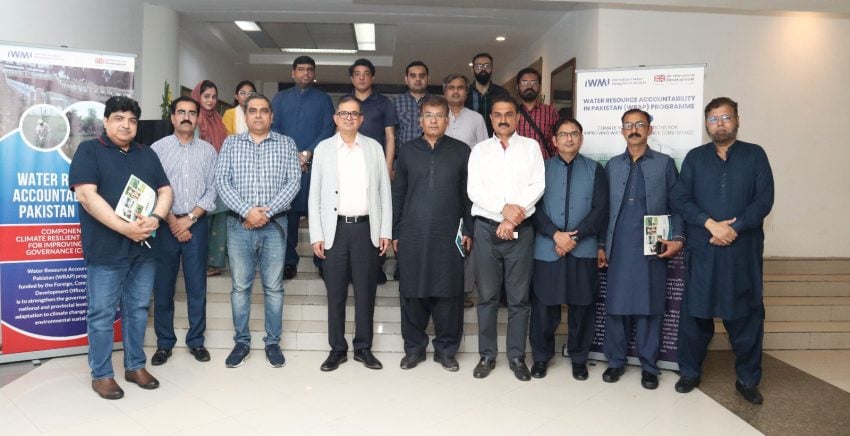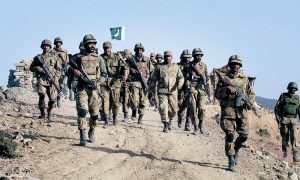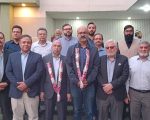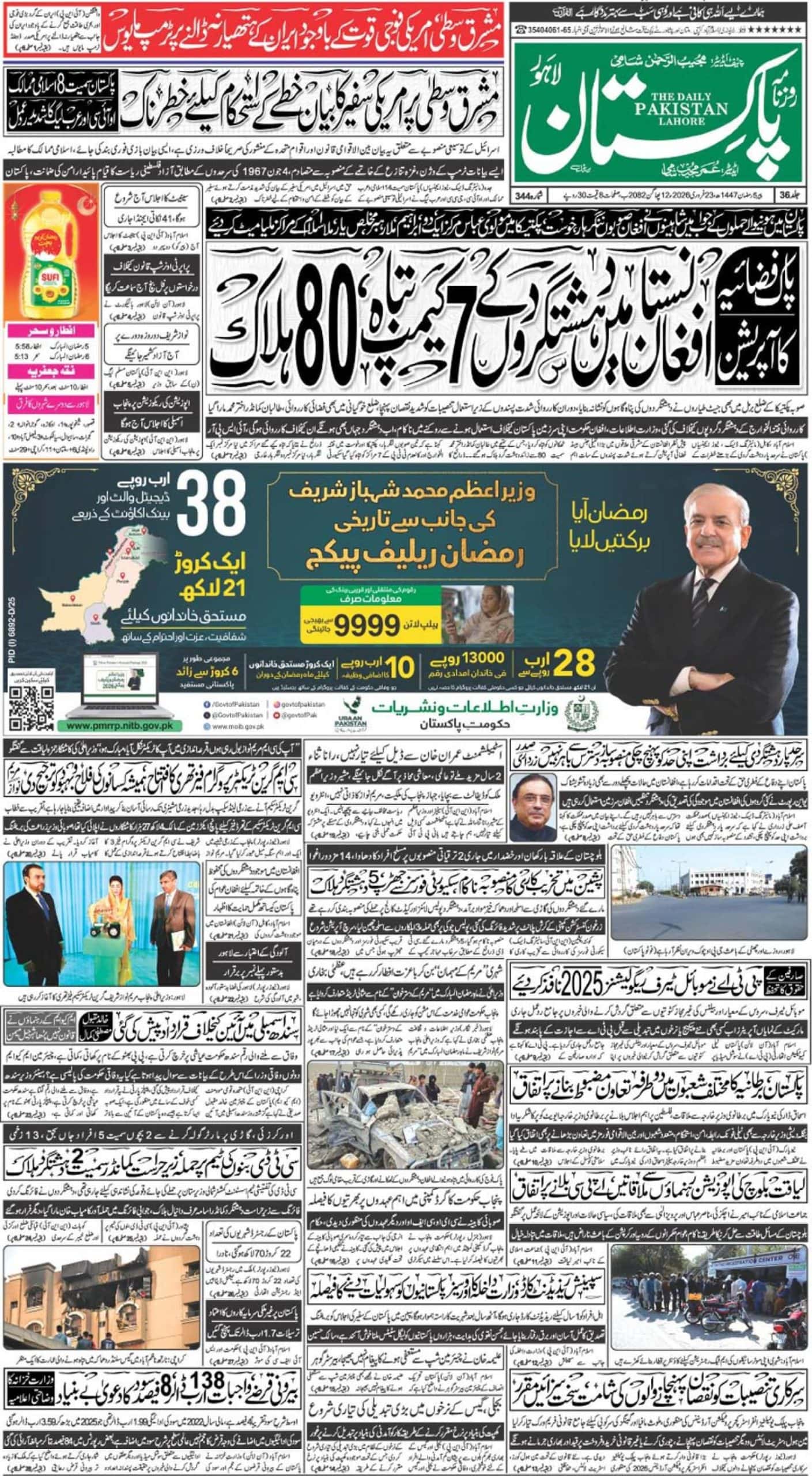LAHORE—The International Water Management Institute (IWMI) has highlighted a significant barrier to the effective use of water resources in Pakistan, stating, “There is a lack of water accountability and budgeting information, which is a fundamental precondition for informed planning and decision-making processes.”
IWMI pointed out that water scarcity poses a major challenge in Punjab, jeopardizing agricultural production, food security, and the livelihoods of rural communities.
“We focus on both the quality and quantity of water for its usage and have begun working to guide farmers towards better results,” stated Dr. Mohsin Hafeez, IWMI’s Director of Water, Food, and Ecosystems and leader of the Water Resource Accountability in Pakistan (WRAP) program, during a media awareness meeting at a local hotel in Lahore on Thursday.
The WRAP program aims to enhance water resource management capabilities at the federal, provincial, and district levels.
In Pakistan, ongoing challenges in water management include a significant issue: the absence of reliable annual water accounts. These accounts are essential for detailing water availability—covering surface water, groundwater, and rainfall—as well as their various uses in domestic, industrial, agricultural, and environmental contexts within the Indus Basin.
Dr. Hafeez provided a comprehensive overview of the water situation in Punjab, addressing concerns about the excessive installation of tube wells and the challenges local farmers face. He also stressed the importance of solar energy for Pakistan’s agriculture sector.
He compared farmers in India and Bangladesh, noting, “Farmers in India and Bangladesh are 15 years ahead of us in Pakistan. The governments in those countries support farmers by allowing them to send energy back to the grid, which compensates them for their energy expenses in crop production.” He further observed that farmers in India and Bangladesh have diversified their income sources by establishing poultry farms and other ventures in addition to farming.
“In the current situation, we lack accountability for water usage—and there is still much work to be done,” he said, highlighting the breadth of water resources in Pakistan. “We have access to surface water, groundwater, and rainwater,” he noted, emphasizing the urgent need for proper guidelines to educate farmers on efficient irrigation practices that consider both the quantity and quality of water.
The IWMI is an implementing partner for Component 1 of the WRAP program—Climate Resilient Solutions for Improving Water Governance (CRS-IWAG). This initiative aims to enhance the capacity for managing water resources at federal, provincial, and district levels. “The program launched in 2012 and will continue until June 2028,” explained the project leader.
The meeting also addressed warnings from the Pakistan Meteorological Department (PMD) regarding below-average rainfall and the risk of drought. Dr. Hafeez mentioned that national guidelines for water accounting, water resource assessment, early drought warning systems, and crop insurance systems are being developed.
He commented on the country’s water storage capacity, stating, “Pakistan only has 30 days of water storage capacity to tackle challenges, unlike many other countries such as the US and India.”
In response to questions from journalists representing various news organizations, he asserted, “IWMI operates solely on merit, which is why Sindh has approached IWMI as a platform that can assist us in resolving water issues.”
Dr. Jahanzeb Masud Cheema, a Water Resources Management Researcher at IWMI, welcomed the participants warmly.
He emphasized the goal of fostering collaboration among departments, addressing water management at both the federal and provincial levels.
Dr. Cheema highlighted the need for a holistic approach and emphasized addressing missing elements such as groundwater and crop water use in mapping the journey of water from source to destination.
Dr Sarfraz Munir, Regional Researcher at IWMI, shared their insights on the latest technology and its benefits for farmers in assessing the quality and quantity of water utilized.














